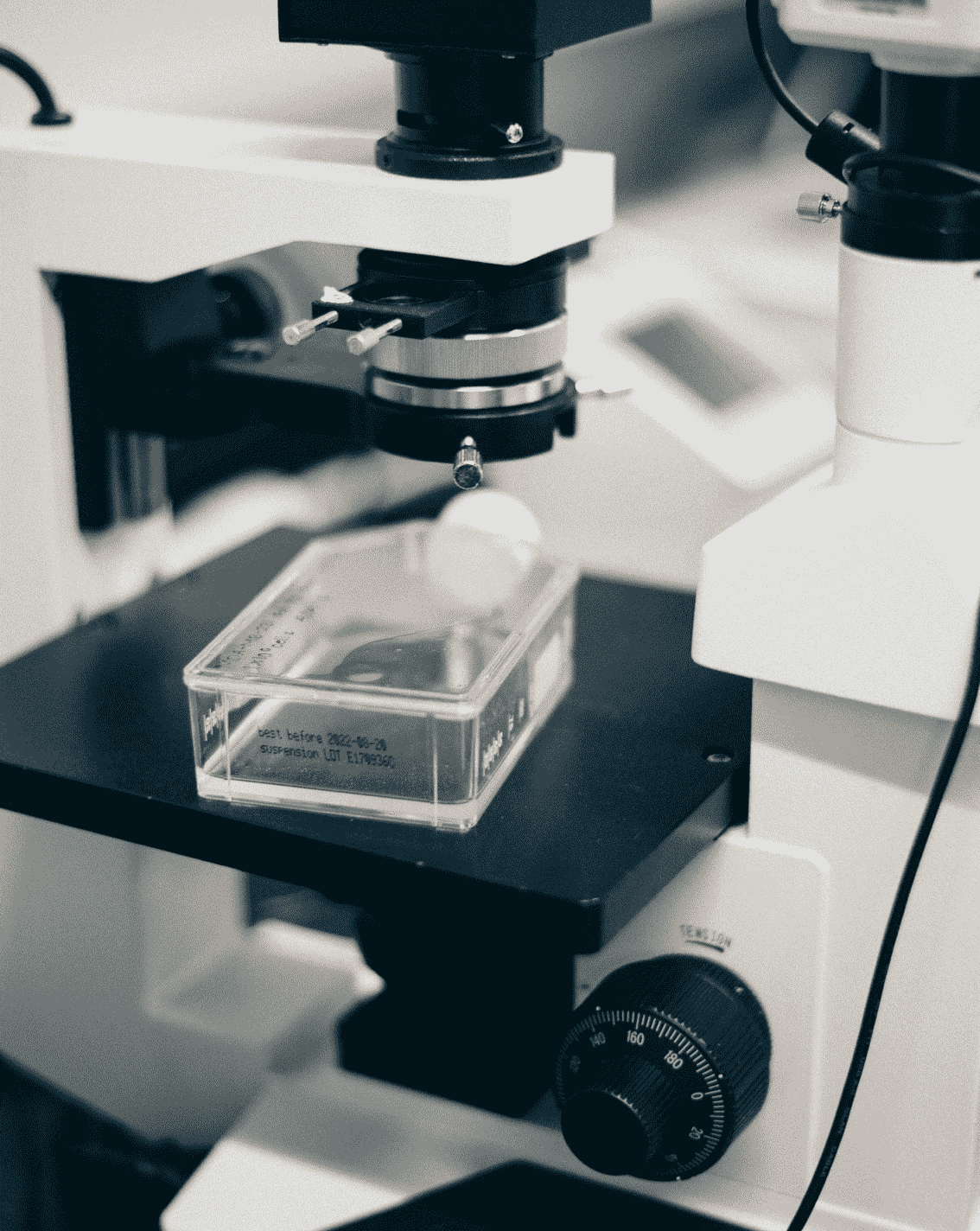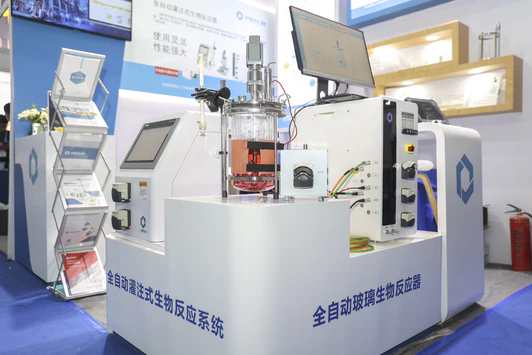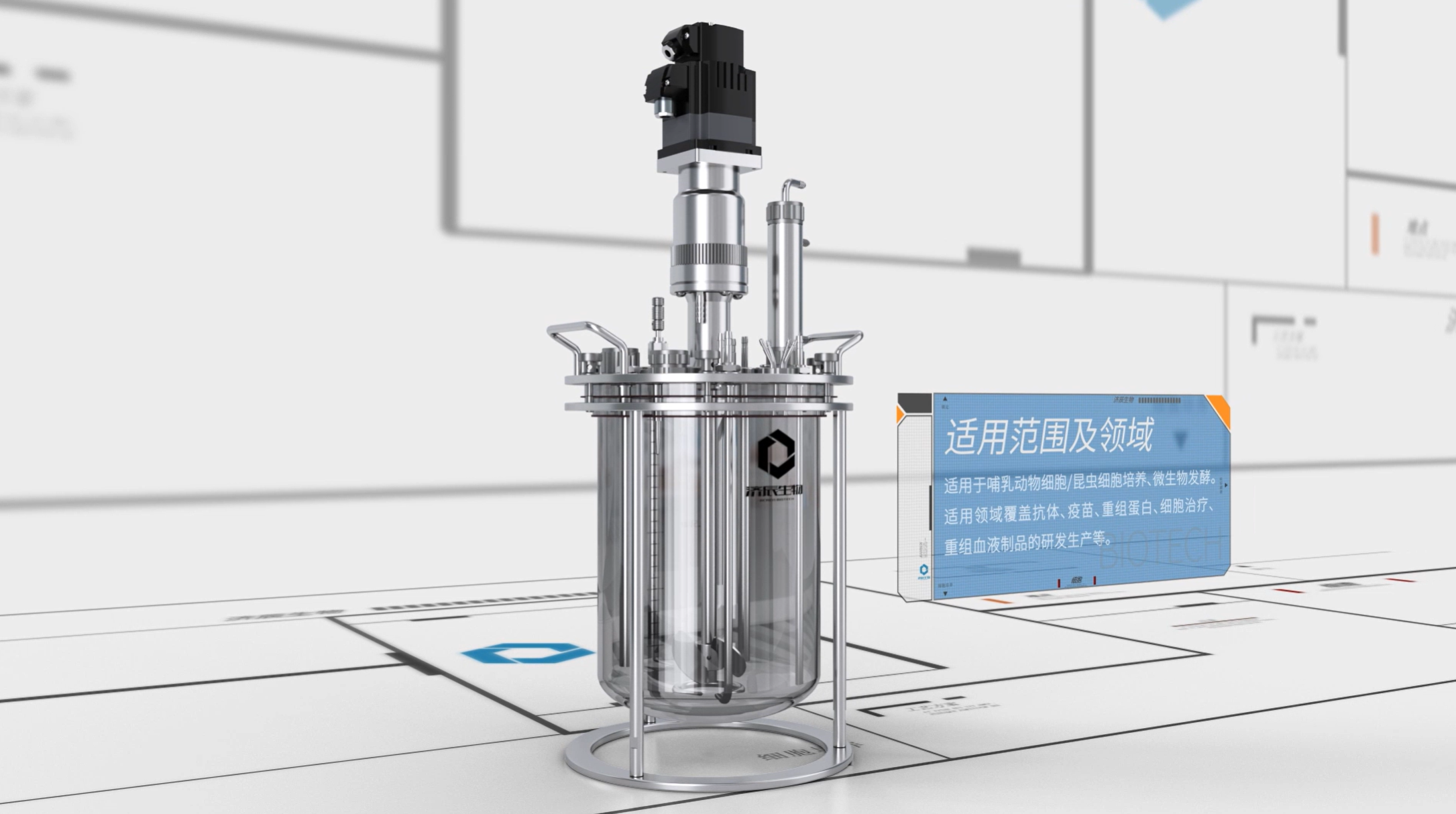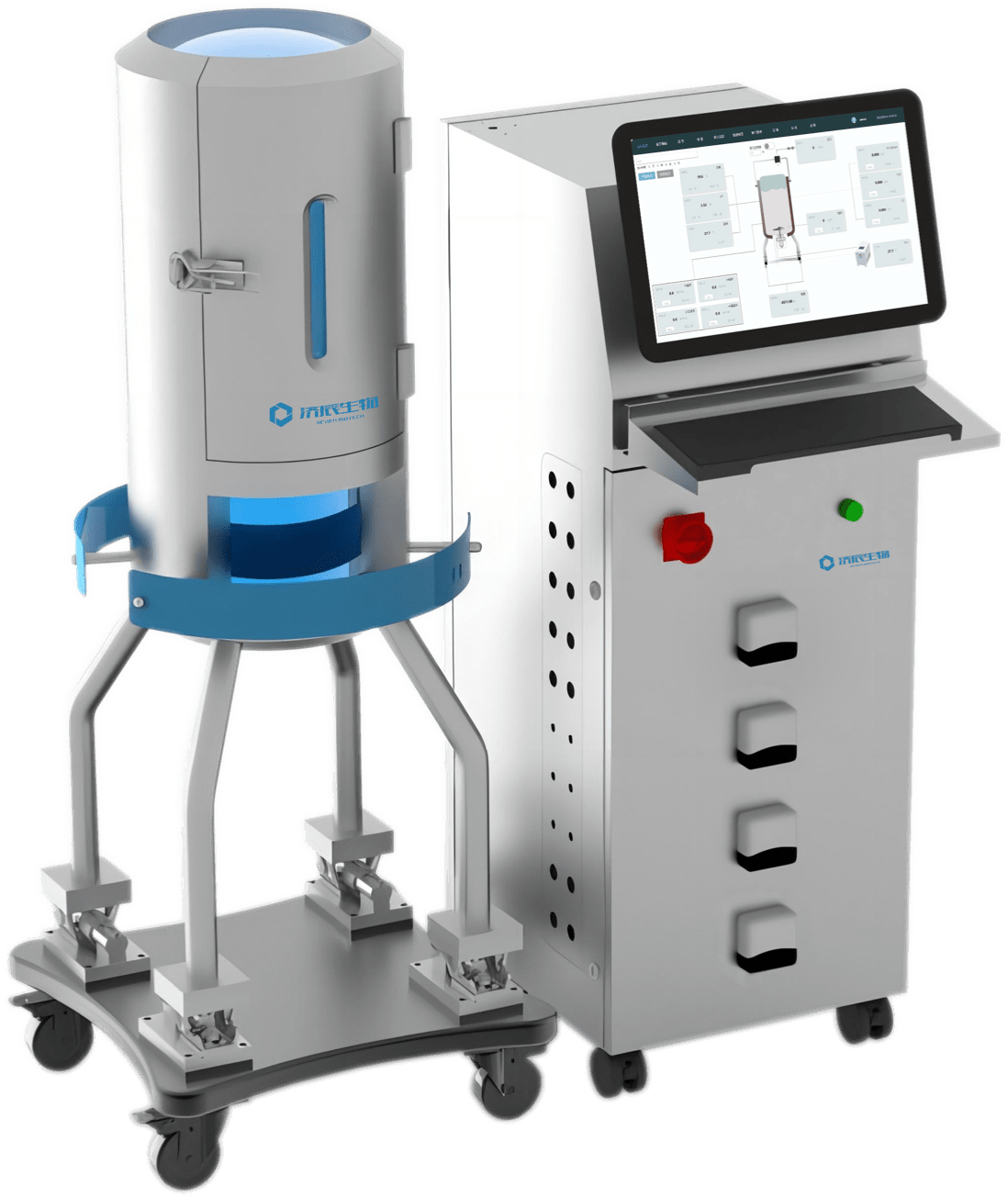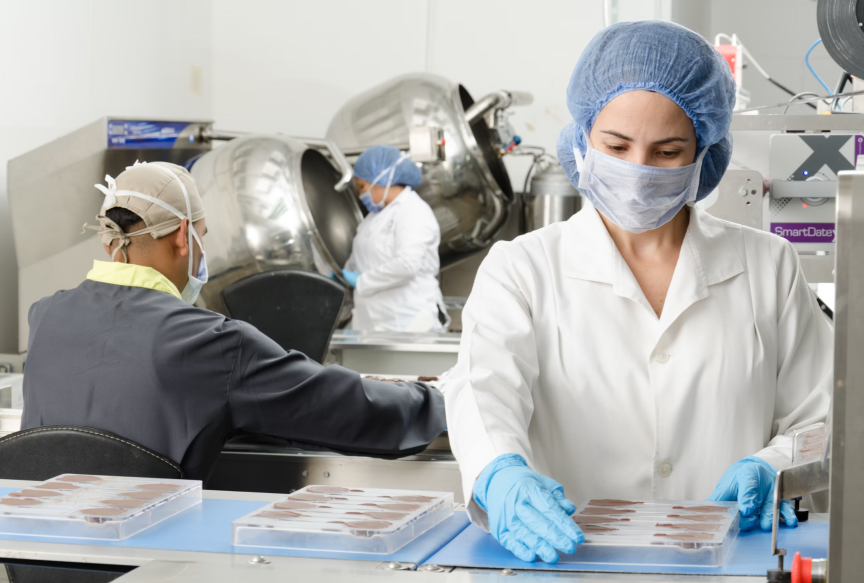The biopharmaceutical industry, as a national strategic emerging industry, is of great significance in promoting the high-quality development of China's economy. With the continuous innovation of biotechnology, the biopharmaceutical industry is facing challenges such as complex production processes, long research and development cycles, and cost control, which are becoming more and more prominent. Process automation, as an effective solution, is gradually changing the traditional production mode of the biopharmaceutical industry. This paper will discuss the challenges and opportunities facing the biopharmaceutical industry from the perspective of process automation.
Challenges facing process automation in the biopharmaceutical industry
1. Technological complexity
Biopharmaceutical production process is complex, involving biological reaction, separation and purification, preparation and other links, which puts high requirements on automation technology. How to realize precise control and efficient synergy of these links is a major challenge for process automation.
2. Difficulty of system integration
Biopharmaceutical production processes require a high degree of integration of various equipments, control systems, and software to achieve data sharing and process optimization. However, compatibility and data interface issues between different devices increase the difficulty of system integration.
3. Investment Costs
Process automation transformation requires a large amount of investment, including equipment purchase, system development, and personnel training. For many small and medium-sized biopharmaceutical companies, high investment costs have become a bottleneck restricting the development of automation.
4. Shortage of talents
Process automation in the biopharmaceutical industry requires multidisciplinary knowledge of biology, pharmaceuticals, automation and other composite talents. However, at present, there is a relative lack of such talents in China, which makes it difficult to meet the needs of the industry.
Opportunities for process automation in the biopharmaceutical industry
1. Enhancement of productivity
Process automation can realize the continuity and scaling up of the production process of biopharmaceuticals and greatly improve the production efficiency. For example, automated fermentation systems can realize the efficient cultivation of strains and shorten the production cycle.
2. Reduce production costs
Through process automation, companies can reduce manual operations and lower labor costs. At the same time, automation technology helps to optimize the production process, reduce raw material and energy consumption, and lower production costs.
3. Improve product quality
Automation technology can realize real-time monitoring of key parameters during the production process to ensure stable product quality. In addition, automated inspection and quality control systems help to detect and deal with product quality problems in a timely manner.
4. Promote industrial innovation
Process automation brings new development opportunities for the biopharmaceutical industry. Enterprises can carry out the research and development of new processes, new equipment and new products with the help of automation technology to enhance the competitiveness of the industry.
Development strategies for process automation in the biopharmaceutical industry
1. Policy support
The government should increase the support for process automation in the biopharmaceutical industry, and introduce relevant policies to encourage enterprises to carry out automation transformation. At the same time, it should strengthen the support for the training and introduction of talents to provide the industry with talent security.
2. Technology R&D and innovation
Enterprises should increase investment in R&D, break through the key core technology, and promote the localization of process automation equipment and systems. At the same time, strengthen cooperation with universities and research institutes to promote the integration of production, learning and research.
3. Collaborative development of the industrial chain
Biopharmaceutical companies should strengthen cooperation with equipment manufacturers, software developers, and other upstream and downstream enterprises in the industrial chain, and jointly promote the research and development and application of process automation technology.
4. Talent cultivation and introduction
Enterprises should pay attention to the cultivation of talents, strengthen the cooperation with colleges, universities and vocational colleges, and cultivate composite talents with knowledge of biopharmaceuticals and automation. At the same time, it actively introduces excellent talents at home and abroad to provide intellectual support for enterprise development.
Process automation in the biopharmaceutical industry is both a challenge and an opportunity. In the face of the needs of industry development, enterprises should seize the opportunity to actively respond to the challenges and promote the transformation and upgrading of the biopharmaceutical industry. Through the application of process automation technology, we can realize the green, efficient and sustainable development of the biopharmaceutical industry, and contribute to China's biopharmaceutical industry towards the world's advanced level.
